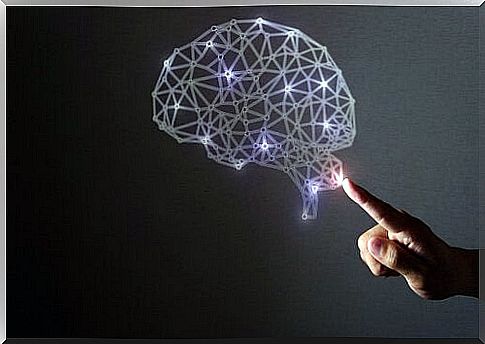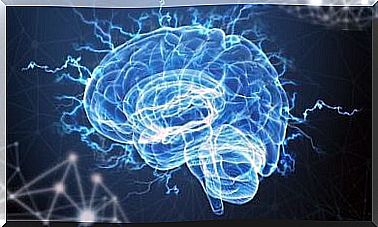Neuro-happiness: The Science Of Happiness?

Neurophelicity. It is enough to read the term for our curiosity to awaken like that of a child witnessing a magic trick. Suddenly we notice that the word “happiness” does not appear by itself, defining an intangible emotional state. No. Here happiness is a state linked to our body : “Neuro” is a prefix that refers to the nervous system.
Emotions (and happiness among them) depend on the activity of the brain and are essential for the survival of the individual. They are characterized by a double task: on the one hand they produce a subjective sensation, on the other they are generally accompanied by an external manifestation. Happiness, therefore, manifests itself as inner well-being, which is externalized by creating forms of expression which in turn nourish this well-being.
Happiness and nervous system
When we have to define and explain happiness, we tend to relate it to our emotional universe, with a wish fulfilled or disappointed, with a dream come true. This emotion occurs on the metaphysical plane. It is not something we can touch, keep in our closet to wear it every day. It is a variable, uncontrollable element, in most cases linked to external experience.

However, we are not aware that this emotion does not originate in the experience itself. It is actually the result of a chemical process in our nervous system. Find its support in our body. We are producers of happiness. It does not appear suddenly, as a divine manifestation. It is a chemical reaction to experience and in accordance with our conception of reality
The chemistry of happiness
You may be wondering what a chemical reaction is and how can our conception of reality play a crucial role in our happiness. The answer to these two questions is simple. On the one hand we have the hormones of happiness: endorphin, seratonin, dopamine and oxytocin. We speak of a chemical reaction when these hormones are active in the nervous system in association with positive feelings: love, pleasure, pain blocking, etc.
On the other hand we have our conception of reality, which is a psycho-social construction that has been building up since our childhood. It is determined by our first experiences and defines our future. It will affect our relationship with specific experiences and, consequently, with our biological production of happiness.
Theorizing and building lasting well-being
We can say that speaking of neuro-happiness means theorising well-being. This means that we create real foundations for understanding happiness and adopting strategies that allow us to be happy. It is possible to create happiness that does not depend on the experience itself. To do this, we just have to transform our brain chemistry and our perception of reality.

In other words, we can begin to see “the glass half full” rather than “the glass half empty”. This shift in our mindset will transform our brain’s ability to activate the chemistry associated with well-being, an inertia and source to maintain it.
Neuro-happiness: a new concept for being happy
This new perspective on happiness strengthens us in the process of achieving lasting well-being. This means that we know that happiness is within the reach of our efforts; it is something we can obtain and keep, transform into a tangible reality.
It also includes methods and exercises that allow us to produce the necessary hormones, awakening those brain circuits made to offer us a state of well-being. The solution is to be able to activate these circuits voluntarily. In this way, we can be architects of our own happiness.
Is Neuro-Happiness the Science of Happiness?
We can answer this question with a firm “yes”. There is an essential relationship between our positive emotions and our nervous system. This means that we can explain and theorize happiness by turning to the chemistry of the brain.

This conception gives new meaning to our happiness, as it tells us that it does not depend on how much money we have in our bank account or on our achievements; instead it is much more conditioned by a process at the biological level that is the cause and that regulates it from within. This process is influenced by the way we perceive reality and in turn affects the way we see reality. Seen in this way, happiness is a path we can choose.









